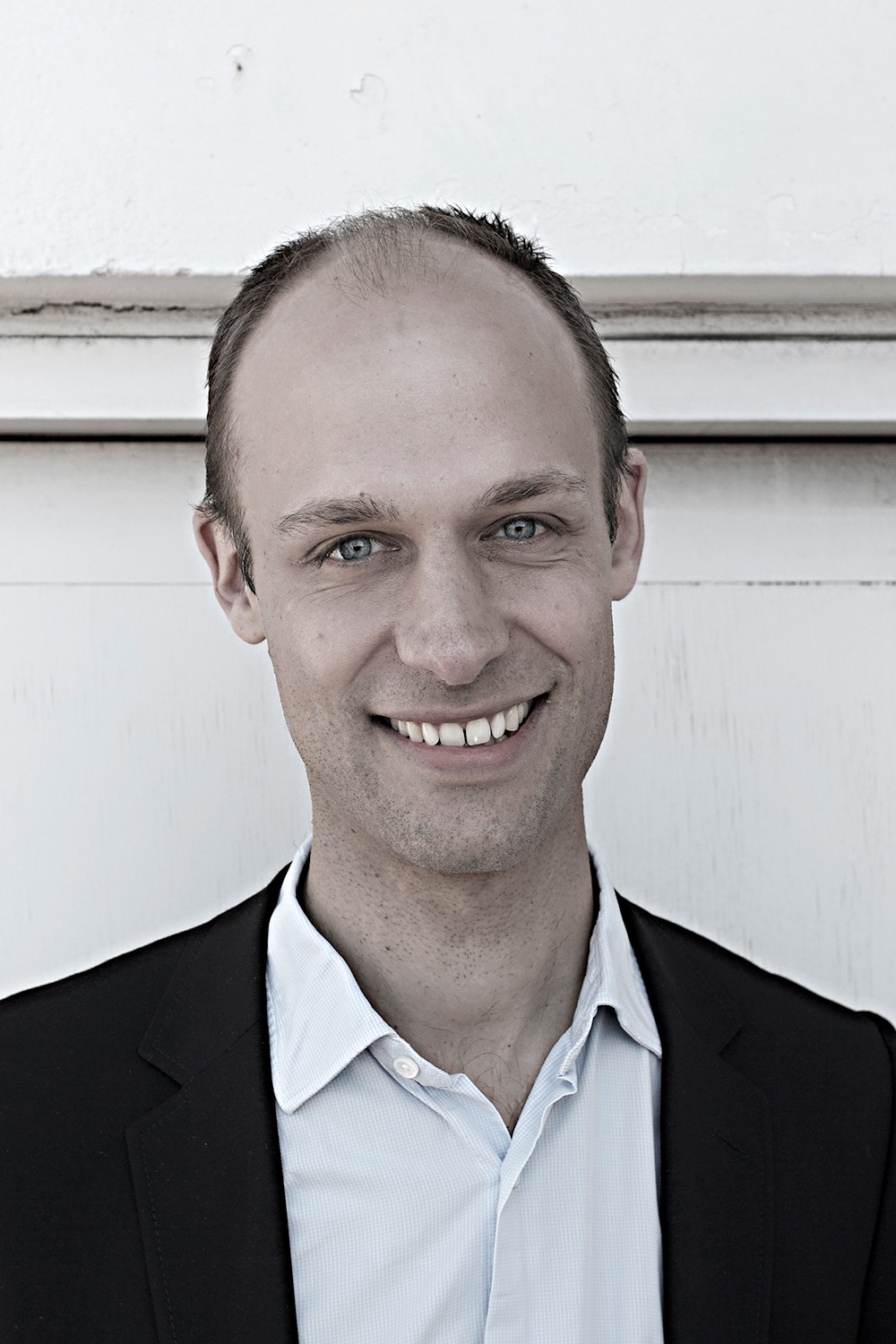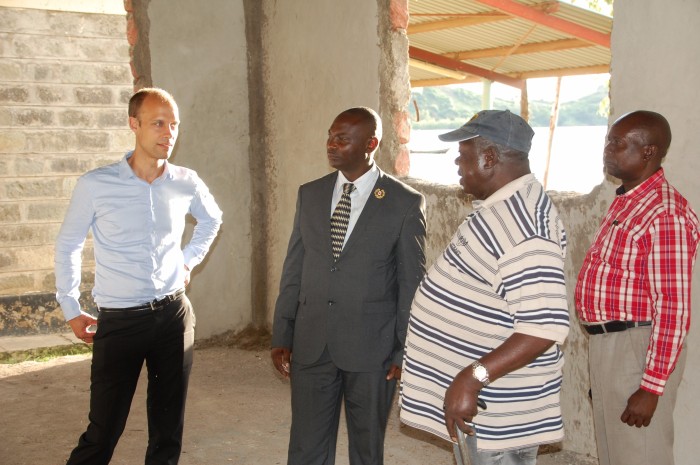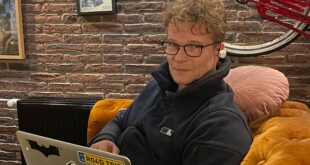Nicolai Sederberg Rottbøll is a Danish entrepreneur who used his industry experience and expertise in cluster development to form a unique consulting company called the Quercus Group.
I was lucky to get to chat with him over coffee to discuss the exciting world of cluster development and his experiences starting his company.
What was your background before you became an entrepreneur?
I basically built my business from my industry experience in international business development, and cluster development. In my first job I worked for the Confederation of Danish Industry. This was an organisation where I was primarily working with international business development and assisting the establishment or growth of Danish businesses in developing markets such as Kenya, Zambia and Vietnam. During my time there I wrote a lot of speeches and reports about how to grab global opportunities.
 I also worked for Copenhagen Capacity, who essentially were an investment promotion agency that focused on getting foreign companies to Denmark.
I also worked for Copenhagen Capacity, who essentially were an investment promotion agency that focused on getting foreign companies to Denmark.
Finally I built a project called Copenhagen Cleantech Cluster that originally started as a side project from Copenhagen Capacity. We wanted to make a cluster so that companies within the Copenhagen area would have easy access to universities, research facilities, and big players in the clean tech industry. Through my experience at Copenhagen Cleantech Cluster I built a great network and an expertise in cluster development.
What exactly is ‘cluster development’?
Clusters exist when groups of similar people and organisations within a specific sector are close together. Cluster development is used to create growth within a country, a region or a municipality. A cluster organisation accelerates the organisation to create mutual benefits for all the different players.
Can you create a cluster from scratch?
In my experience you cannot, you need to have some kind of foundation. However clusters often develop organically, aware of their status as a ‘cluster.’
Why did you decide to quit your job, and start your own company?
I got the idea for starting Quercus Group when I was on paternity leave three years ago. I was on paternity leave and I was skiing on a frozen lake with my daughter. My paternity leave gave me the chance to think with a clear head. Through my work I realised that there are many solutions in many different companies and countries, and in turn these many different companies and countries have their own needs. The question is about connecting the dots. I wanted to start a company that merged these dots together, promoted cooperation and created mutual benefits.
How did you get your first client?
Actually I was very lucky. When I called up my former boss to quit my job, she hired me for my first three-month project. From then to now I work very much based on my network.
How did you build such a great network?
I see people as friends! I walk into a room with the intention of giving something back. I am always up for a coffee because it’s an opportunity to learn. I rarely walk into a room with a selling agenda. It is important to pay attention, build trust, share thoughts and challenges. Through developing a relationship first, potential clients will begin to trust you and may contact you later. This has happened to me many times.
Okay so talking more about your experiences starting up… How did you get funded or what strategies did you use to execute on minimal cash flow?
My main philosophy when I started Quercus Group was not to go into debt. In my first year I was alone and managed to do so. However during the second year, I hired two fulltime professionals and I had to compromise my original philosophy. However, the bottom line was these employees were not bringing in more clients. I found that in the early stages people were still buying me and not Quercus. By the end of year two the red numbers were increasing, and to my great sadness I had to let these two wonderful people go. Right now, I am slowly building up again, and leveraging off the DNA of Quercus.
What has been your biggest mistake so far?
I think definitely my hiring situation. It was naive to have such huge fixed costs so early on in the company.
Okay but Quercus Group seems to be back on track…what habits do you think have made you successful?
– A good network
– We do things with our heart
– People trust us
– Loyalty
– Openness – always open for a cup of coffee
What do you think distinguishes you from competitors?
When I started this company one of the first things I said was that it had to be fun. The Quercus Group conduct business in a fun and personal manner. Laughing and fun is very important. We are also one of the few consultancies who have such extensive and practical experience in cluster development.
Where do you see yourself in the near future?
Today we have an office in Copenhagen and in Nairobi. I would love us to have an office in Asia, in the next few years or so. I am really focusing on making our company more international because I do not want Quercus to be ‘too Danish.’ My dream is to connect more markets and more countries.
And finally if you had one piece of advise to someone just starting out, what would it be?
I know it’s a cliché but just do it. When I was contemplating quitting my job and starting my own business I simply thought ‘the worst thing that could happen, is that my venture will fail, and I will have to start working again’ That did not seem like such a bad scenario, so I quit my job and took the path of the risk-taking entrepreneur.
 Nordic Startup News Early Stage Startup News From The Nordics
Nordic Startup News Early Stage Startup News From The Nordics


